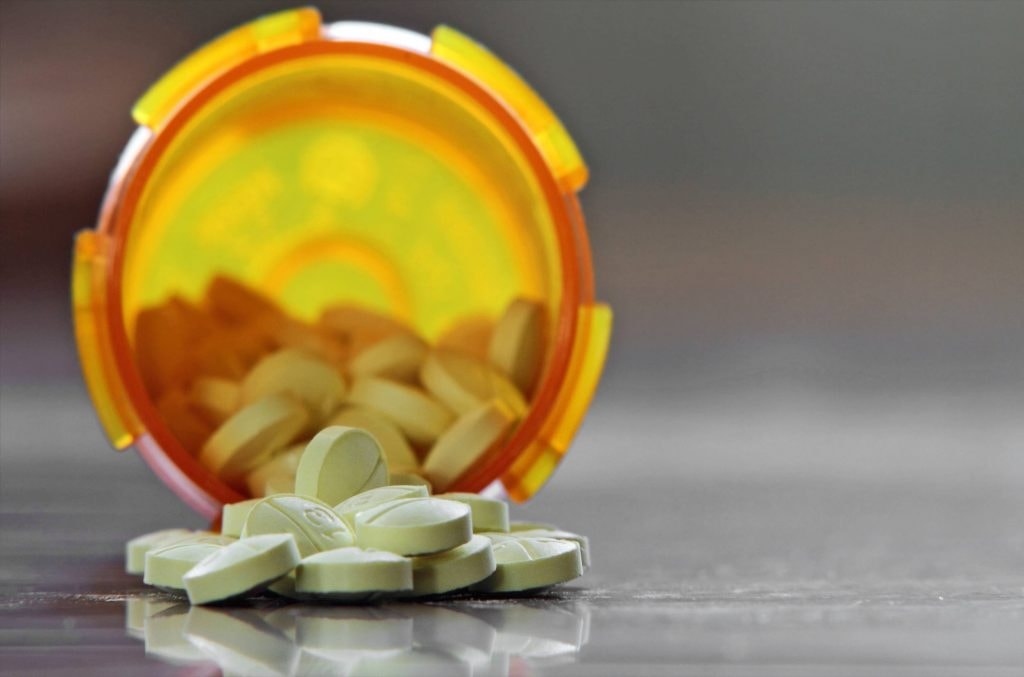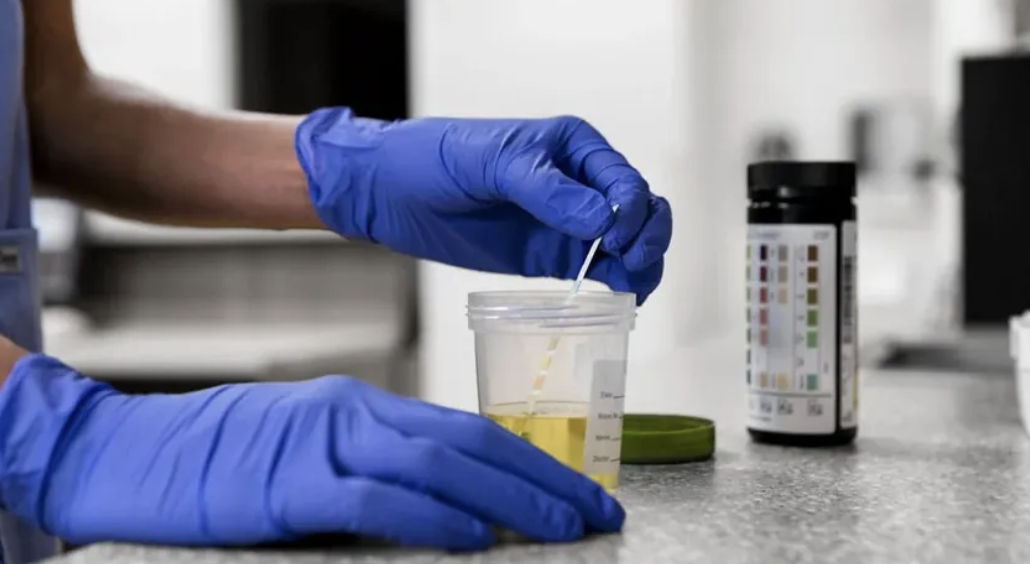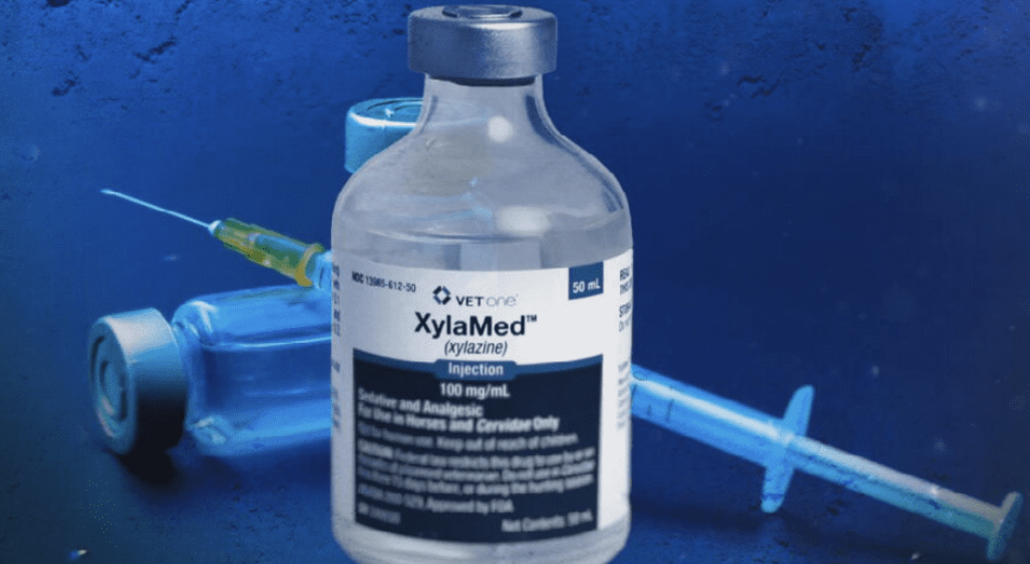Worried about how Suboxone might affect your sexual health? Suboxone can cause sexual side effects of Suboxone in men, including reduced libido, erectile dysfunction, and orgasm issues. This article explains these effects and offers ways to manage them effectively.
Key Takeaways
- Suboxone may lead to various sexual dysfunctions in men, including decreased libido and erectile dysfunction, primarily due to its effects on testosterone production and neurotransmitter levels.
- Sexual side effects are common, with reports indicating that 30% to 90% of men on Suboxone experience some form of sexual dysfunction, though typically less severe than with other opioids.
- Managing sexual side effects can involve discussing options with healthcare providers, such as dose adjustments, hormone replacement therapy, or switching medications, ensuring treatment aligns with recovery goals.
Can Suboxone affect male sexual health?
Yes, Suboxone can affect male sexual health. Men taking Suboxone may experience various forms of sexual dysfunction, including reduced libido, erectile dysfunction, and hormonal imbalances. These issues can stem from buprenorphine’s impact on testosterone production and neurotransmitter levels in the brain. While some studies suggest that Suboxone does not significantly harm fertility, its hormonal effects can complicate efforts to conceive and may even contribute to suboxone addiction if not carefully managed over time.
The active component in Suboxone, buprenorphine, may also result in decreased testosterone production, potentially leading to infertility. Despite these concerns, many men do not report significant changes in sexual function, making Suboxone a safer option for those worried about fertility compared to other opioid treatments.

What are the specific sexual side effects of Suboxone in men?
Men undergoing Suboxone treatment may encounter several specific sexual side effects, including:
- Decreased libido
- Erectile dysfunction
- Difficulty achieving orgasm or ejaculation
- Potential impacts on fertility and sperm health.
Each of these potential side effects can significantly affect a man’s sexual health and overall quality of life.
Decreased libido
One common side effect of Suboxone is a decreased sex drive. Patients taking Suboxone often report a noticeable decrease in sexual desire, which can be attributed to hormonal changes caused by the medication. Buprenorphine, a component of Suboxone, can lead to reduced sexual desire by affecting dopamine and testosterone levels in the brain. Dopamine plays a crucial role in sexual motivation and pleasure, while testosterone is vital for maintaining libido.
Unfortunately, changes in sexual health symptoms due to Suboxone may not always be openly discussed by patients, which can affect treatment outcomes. Patients should communicate any changes in their sex drive with their healthcare provider to address these issues effectively.
Erectile dysfunction (ED)
Erectile dysfunction is a common side effect for men who use Suboxone. Many patients experience this issue. Research indicates that up to 83% of men on the medication may experience erectile issues. The exact mechanism is not entirely understood, but it is believed that buprenorphine’s activity on opioid receptors and hormonal imbalances may interfere with blood flow and erection maintenance.
Although erectile dysfunction is a reported side effect of Suboxone, it may be less frequent compared to other full opioid agonists. Men experiencing ED while on Suboxone should consult their healthcare provider for evaluation and potential management strategies.
Difficulty achieving orgasm or ejaculation
Men on Suboxone may also experience challenges in reaching orgasm or ejaculation, further compounding feelings of sexual dysfunction. Buprenorphine’s action on the central nervous system can delay or inhibit the orgasmic response, making it difficult for men to achieve orgasm during sexual activity.
Although studies on Suboxone and fertility are limited, some indicate that buprenorphine, a component of Suboxone, may affect fertility by impacting sperm count and testosterone levels, which could influence sexual performance. While the relevance of these findings to humans remains unclear, it is something to consider for men experiencing these issues.
Fertility and sperm health
Suboxone’s potential impact on sperm count, motility, and overall fertility in men is a concern for many. While there is no conclusive evidence that Suboxone negatively affects fertility, the relationship between opioid use and fertility issues is acknowledged. Suboxone may influence hormone levels that are essential for sperm production and testosterone, which can impact overall fertility.
Current research suggests that Suboxone does not significantly impair male fertility, but the effects on sperm health are still under investigation. Patients on Suboxone can generally continue their treatment while trying to conceive without significant concerns regarding how suboxone affect fertility.

How common are sexual side effects with Suboxone?
Sexual side effects are relatively common among men taking Suboxone and should be considered alongside other side effects of Suboxone that may affect quality of life and adherence to treatment. Research indicates that between 30% to 90% of men on Suboxone report experiencing some form of sexual dysfunction. In studies, around 83% of men using buprenorphine have reported at least one issue related to sexual dysfunction.
Erectile dysfunction rates in men taking Suboxone can be as high as 77.5%, although the exact cause may not be solely attributed to the medication. While sexual side effects from Suboxone are generally milder compared to full opioids, they can still be persistent and impactful for some users.
Suboxone vs. other opioid medications: Which causes more sexual dysfunction?
When comparing Suboxone to other opioid medications like methadone and oxycodone, Suboxone generally causes fewer sexual side effects. This is primarily due to its partial opioid agonist mechanism, which results in lower—but still significant—risk of sexual dysfunction.
Comparison with methadone
Methadone is associated with greater testosterone suppression than Suboxone. Clinical studies indicate that methadone is linked to a higher incidence of testosterone deficiency compared to Suboxone. This means that men on methadone are more likely to experience significant sexual dysfunction due to hormonal imbalances.
Suboxone’s impact on testosterone levels is generally less severe, making it a preferable option for men concerned about sexual side effects.
Comparison with long-term oxycodone use
Long-term use of oxycodone may lead to significant sexual dysfunction, with reported issues related to libido and erectile function. Research indicates that long-term use of Suboxone is likely to have less impact on male fertility compared to full opioid agonists like oxycodone, which can significantly affect hormonal levels and fertility.
While Suboxone’s impact fertility on male fertility remains under-researched, it is hypothesized that traditional opioids may cause more significant fertility issues and fertility problems due to their stronger effects on hormone production. This makes Suboxone a safer alternative for men concerned about their reproductive health.

What causes sexual dysfunction in men taking Suboxone?
The biological mechanisms behind Suboxone-induced sexual dysfunction include disruption of the hypothalamic-pituitary-gonadal axis and opioid receptor action in the brain and spinal cord. Buprenorphine’s impact on hormonal balance and neurotransmitter levels can lead to various forms of opioid induced sexual dysfunction in men.
Impact on testosterone production
Suboxone can reduce testosterone levels in some men, but the extent of this effect is generally less significant compared to other opioids like methadone. Buprenorphine, the active ingredient in Suboxone, is known to affect testosterone levels, but its impact is usually less severe compared to methadone. Although Suboxone can alter testosterone serum levels, this does not always correlate with adverse effects on sexual functioning.
Some men on Suboxone report occasional suboxone’s sexual dysfunction reported, but this is less frequent among those with prior opioid use.
Effect on dopamine and mood
Suboxone can influence dopamine levels, which may lead to changes in mood and affect sexual desire and performance. Chronic use of Suboxone can disrupt dopamine activity, potentially leading to negative impacts on mood and withdrawal symptoms. Dopaminergic dysfunction caused by Suboxone may contribute to feelings of anhedonia, where users experience a decreased ability to feel pleasure.
The blockade of dopamine release by Suboxone could potentially increase the risk of mood disorders and suicidal ideation. This makes it crucial for patients to monitor their mood and seek help if they experience significant changes.
Can these side effects be reversed?
The good news is that the sexual side effects of Suboxone can often be reversed. Stopping Suboxone or lowering the dosage may restore sexual function, although the timeframe and variability depend on individual circumstances and the duration of use. Many individuals show improvement in sexual function after discontinuing Suboxone treatment, although the timeline for recovery can vary depending on the long-term use of buprenorphine and individual health factors.
Consult a healthcare provider before stopping Suboxone, as abrupt cessation can lead to withdrawal symptoms that may affect sexual health. Proper medical guidance can help manage these side effects effectively.
What can men do to manage these sexual side effects?
Men experiencing sexual side effects from Suboxone have several options to manage these issues. Talking to a healthcare provider is the first step, as they can offer personalized advice and treatment options.
Considering testosterone testing and exploring dose adjustment or alternative treatments with fewer side effects related to low testosterone can also be beneficial; however, more research is needed.
Hormone replacement therapy (HRT)
In some cases, hormone therapy may be appropriate. Testosterone replacement can help address hormonal imbalances caused by Suboxone, improving sexual function and overall well-being.
Lab testing and regular monitoring are essential for men considering HRT to ensure the treatment is effective and safe.
Switching medications
Another option is switching from Suboxone to another treatment—your provider may suggest suboxone alternatives that carry a lower risk of sexual side effects. Changing from Suboxone to buprenorphine treatment alone has shown to decrease sexual dysfunction symptoms in some males.
Discussing this option with a healthcare provider can help men start treatment by finding a common treatment plan that maintains recovery goals while minimizing sexual side effects.
When to talk to a doctor about sexual issues on Suboxone
If experiencing significant sexual side effects while on Suboxone, it is crucial to consult a healthcare provider for possible dose adjustments or alternative medications. Patients should discuss any sexual dysfunction with their doctor as it may stem from various causes beyond Suboxone treatment.
Healthcare providers can help assess the multifactorial nature of sexual dysfunction, which might include psychological or medical factors. It is advisable to inform a healthcare professional if you experience sexual dysfunction, as it may indicate a need for further evaluation or treatment in the field of sexual medicine.
Bottom Line: Balancing treatment and quality of life
Balancing treatment and quality of life is crucial for individuals on Suboxone. While Suboxone remains a life-saving medication for opioid use disorder, it is essential to address and manage any sexual side effects that may arise. Effective communication and shared decision-making between patients and clinicians can enhance treatment engagement and address patient concerns.
Supporting systems alongside medication can help maintain stability in recovery while addressing sexual health issues and mental health. By discussing these side effects openly with healthcare providers and exploring management options, men can find a balance that supports both their recovery and their overall well-being.
FAQs about Suboxone and men’s sexual health
Can Suboxone affect male fertility?
Suboxone may not significantly impair male fertility, although it can affect hormone levels crucial for sperm production, warranting further investigation into its impact on sperm health.
What are the most common sexual side effects of Suboxone in men?
Suboxone can lead to several sexual side effects in men, including decreased libido, erectile dysfunction, difficulty achieving orgasm or ejaculation, and potential effects on fertility. It's important to discuss these concerns with your healthcare provider for appropriate guidance.
How can men manage sexual side effects while on Suboxone?
Managing sexual side effects while on Suboxone is possible by consulting your healthcare provider for personalized advice, exploring hormone replacement therapy, or considering dose adjustments or medication changes. Taking proactive steps is essential for maintaining overall well-being.
Is erectile dysfunction from Suboxone permanent?
Erectile dysfunction from Suboxone is not permanent, and many individuals experience improvement in sexual function after stopping the medication, though recovery time can vary. It's important to discuss any concerns with your healthcare provider for tailored advice.
Can Suboxone be taken with Viagra to treat ED?
Suboxone can be safely taken with Viagra to address erectile dysfunction, but consulting a healthcare provider beforehand is essential to ensure safety and effectiveness.
















